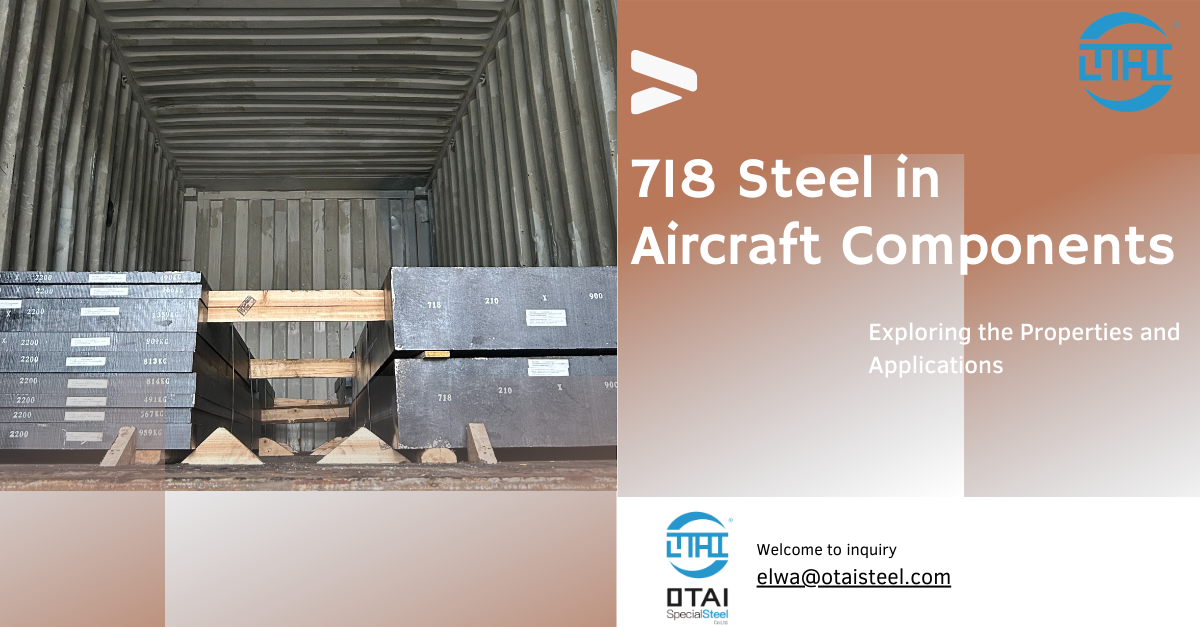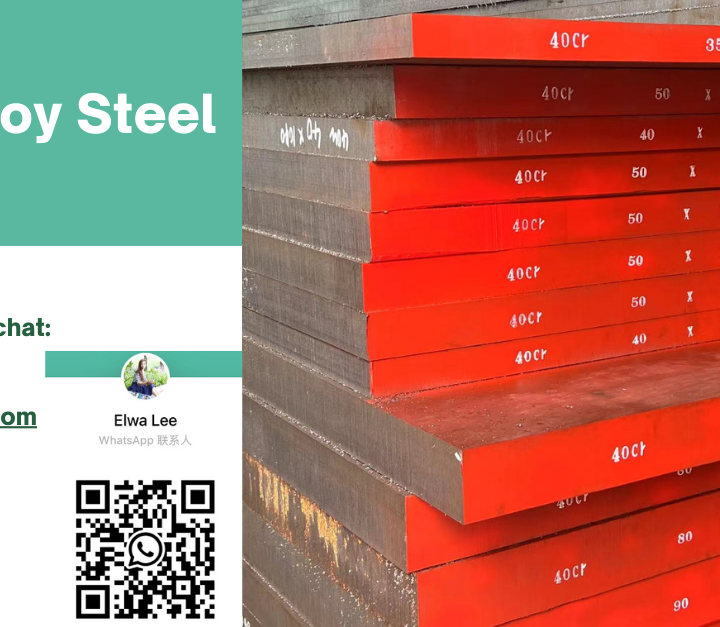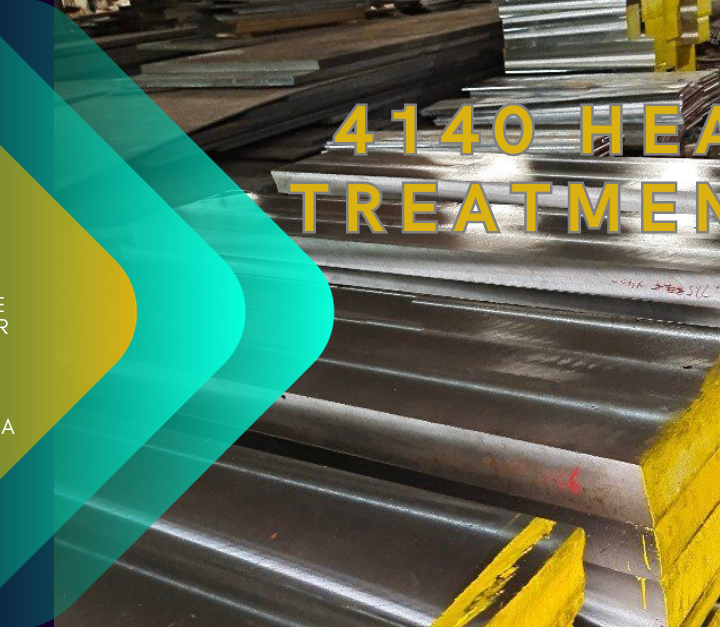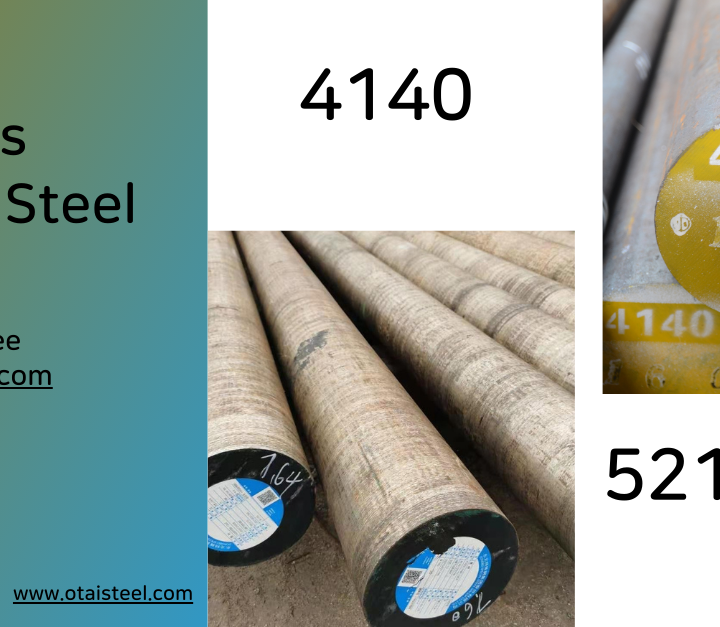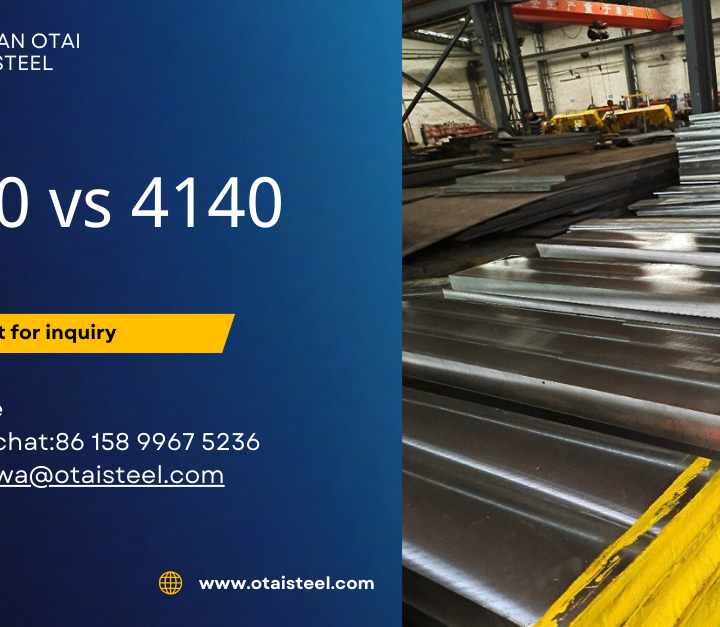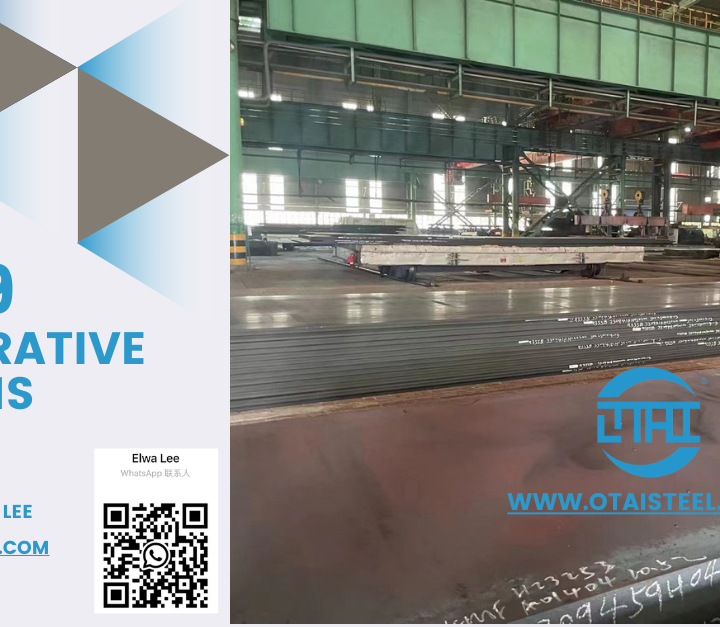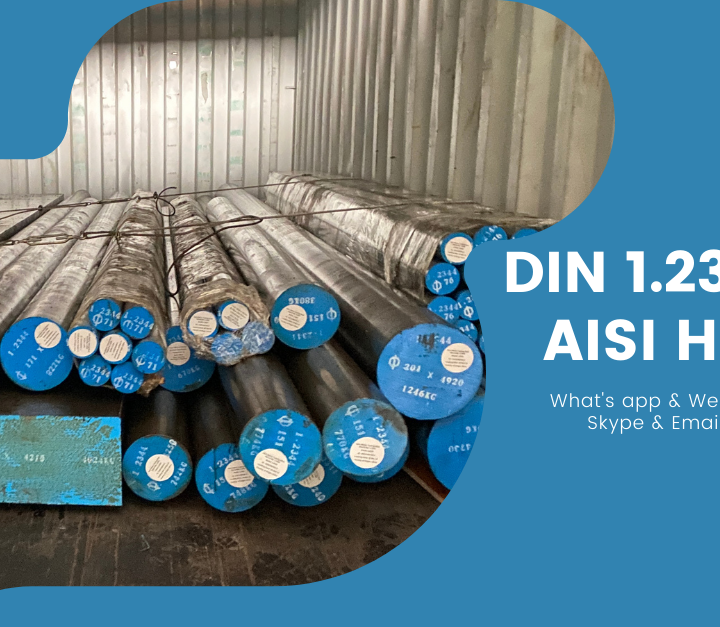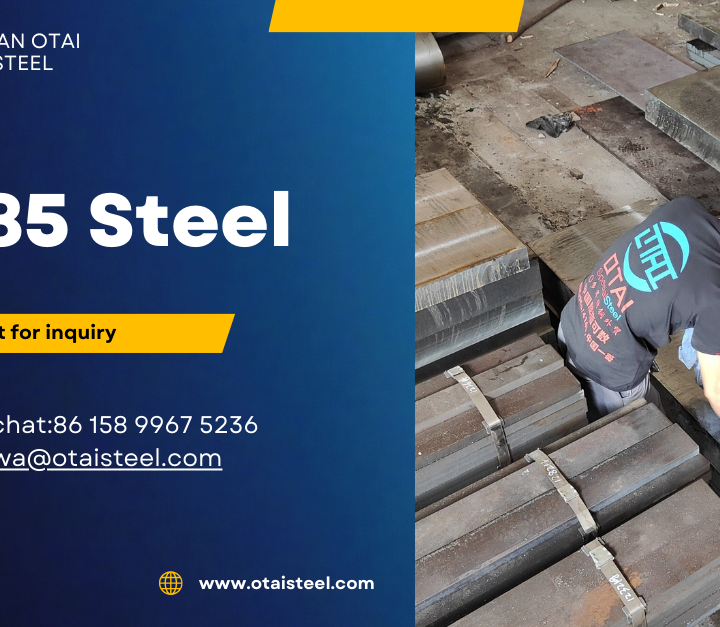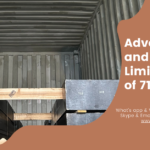In the dynamic world of aerospace engineering, materials must meet stringent requirements for strength, reliability, and performance. Among these materials, 718 steel has emerged as a vital component, playing a crucial role in the design and manufacturing of aircraft components. Let’s take a closer look at how 718 steel is utilized in aerospace engineering and its significance in ensuring the safety and efficiency of aircraft operations.
The Importance of Materials in Aerospace Engineering
Aircraft components are subjected to extreme conditions during flight, including high temperatures, pressure differentials, and mechanical stresses. Therefore, the materials used in aerospace applications must possess exceptional properties to withstand these challenges while maintaining structural integrity and safety.
A Trusted Ally in Aerospace Applications
718 steel, a nickel-based superalloy, offers a unique combination of properties that make it well-suited for aerospace engineering. Its high strength, corrosion resistance, and heat resistance make it an ideal choice for components subjected to demanding operating conditions. Let’s explore some key applications in aerospace engineering:
- Turbine Engines: Within aircraft propulsion systems, it is commonly used in turbine engine components such as turbine discs, blades, and casings. Its ability to withstand high temperatures and mechanical stresses ensures reliable performance and longevity in jet engines.
- Exhaust Systems: In aircraft exhaust systems, it is utilized for components like exhaust cones, ducts, and liners. Its corrosion resistance and heat resistance make it suitable for withstanding the harsh operating conditions of engine exhaust gases.
- Structural Components: It is also employed in various structural components of aircraft, including wing spars, landing gear, and fuselage frames. Its high strength-to-weight ratio and fatigue resistance contribute to the overall structural integrity and safety of the aircraft.
Advantages in Aerospace Applications
- High Strength: It offers exceptional strength, allowing for the design of lightweight yet robust aircraft components.
- Corrosion Resistance: In aerospace environments exposed to moisture and corrosive substances, it’s corrosion resistance ensures long-term durability and reliability.
- Heat Resistance: The ability of 718 to maintain mechanical properties at high temperatures is critical for components operating in the vicinity of aircraft engines and exhaust systems.
Conclusion
In conclusion, it plays a pivotal role in aerospace engineering, contributing to the design and manufacturing of critical aircraft components. Its unique combination of properties, including high strength, corrosion resistance, and heat resistance, makes it indispensable for ensuring the safety, reliability, and efficiency of aircraft operations. As aerospace technology continues to evolve, the versatility and reliability of 718 ensure its enduring significance in the field of aviation.
FAQs
1. How does 718 steel compare to other materials used in aerospace engineering?
It offers a unique combination of properties, including high strength, corrosion resistance, and heat resistance, making it a preferred choice for many aerospace applications.
2. What are some specific components of aircraft that utilize 718?
Components such as turbine engine parts, exhaust systems, and structural elements often incorporate 718 steel due to its exceptional properties and performance.
3. How does 718 contribute to the safety of aircraft operations?
The high strength, corrosion resistance, and heat resistance of 718 steel ensure the reliability and longevity of critical aircraft components, thus enhancing safety during flight.
4. What advancements are being made in the use of 718 in aerospace engineering?
Ongoing research and development efforts are focused on further enhancing the properties and performance of 718 steel for aerospace applications, ensuring its continued relevance in the ever-evolving aerospace industry.
